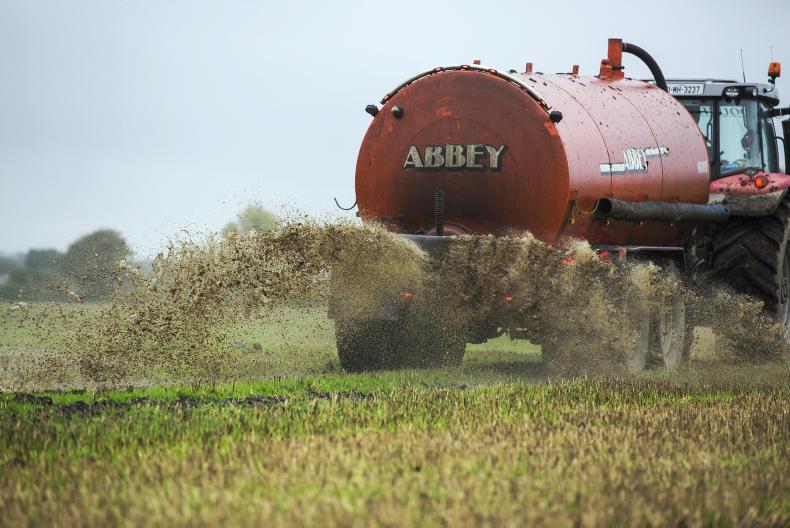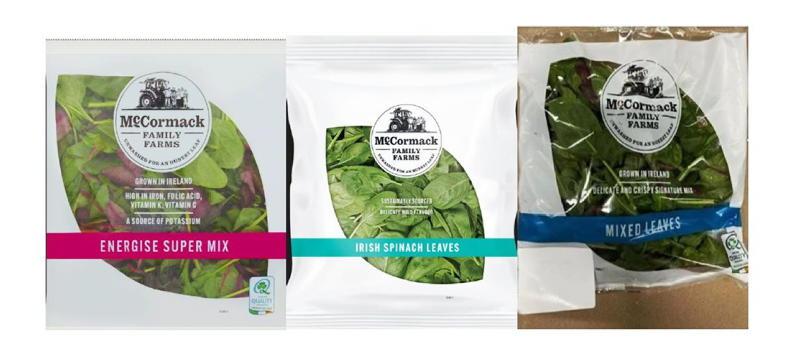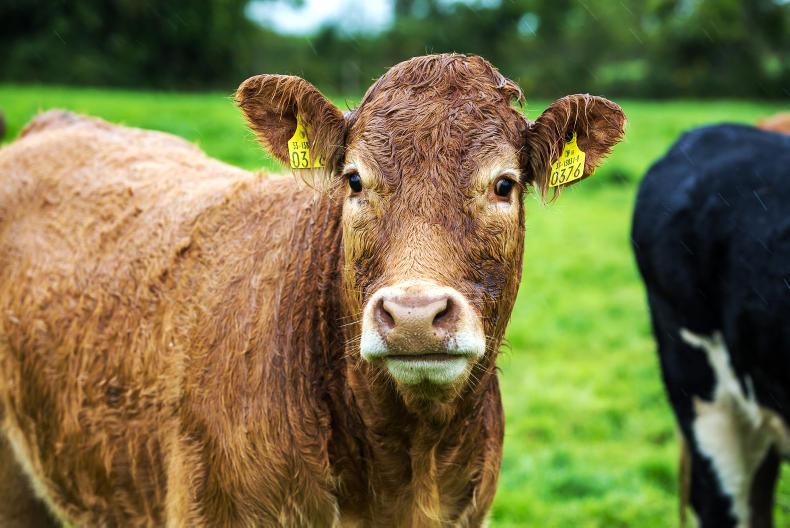Due to increased soil contamination of silage this summer/autumn, there is an increased likelihood of listeriosis infection in animals in winter.
Listeriosis is an infection of the brain of cattle and sheep caused by listeria bacteria in soil.
If the silage harvester picked up bits of soil during harvesting, there is usually poor fermentation around this, as well as the presence of listeria.
It is a disease of younger animals (under three years), as it is associated with tooth eruption. During this period of tooth emergence, listeria organisms can enter the nervous system via the tooth canal and travel to the brain when symptoms occur. This bacteria can also cause abortions in pregnant cows.
Symptoms
Symptoms include dullness, drooping eyelids and head tilts. Animals can have partial paralysis in the head.
Early treatment with antibiotics, eg oxytetracycline or penicillin, will be effective in most cases. A long course of treatment is usually necessary, however, as relapses occur.
Housing and giving plenty of fluids, is an important part of therapy. Avoid feeding any silage that is soil-contaminated or mouldy to reduce incidence.
Consult your vet in all cases.
Read more
Beef management: replacement heifer targets
Beef management: housing space for bulls
Due to increased soil contamination of silage this summer/autumn, there is an increased likelihood of listeriosis infection in animals in winter.
Listeriosis is an infection of the brain of cattle and sheep caused by listeria bacteria in soil.
If the silage harvester picked up bits of soil during harvesting, there is usually poor fermentation around this, as well as the presence of listeria.
It is a disease of younger animals (under three years), as it is associated with tooth eruption. During this period of tooth emergence, listeria organisms can enter the nervous system via the tooth canal and travel to the brain when symptoms occur. This bacteria can also cause abortions in pregnant cows.
Symptoms
Symptoms include dullness, drooping eyelids and head tilts. Animals can have partial paralysis in the head.
Early treatment with antibiotics, eg oxytetracycline or penicillin, will be effective in most cases. A long course of treatment is usually necessary, however, as relapses occur.
Housing and giving plenty of fluids, is an important part of therapy. Avoid feeding any silage that is soil-contaminated or mouldy to reduce incidence.
Consult your vet in all cases.
Read more
Beef management: replacement heifer targets
Beef management: housing space for bulls









SHARING OPTIONS